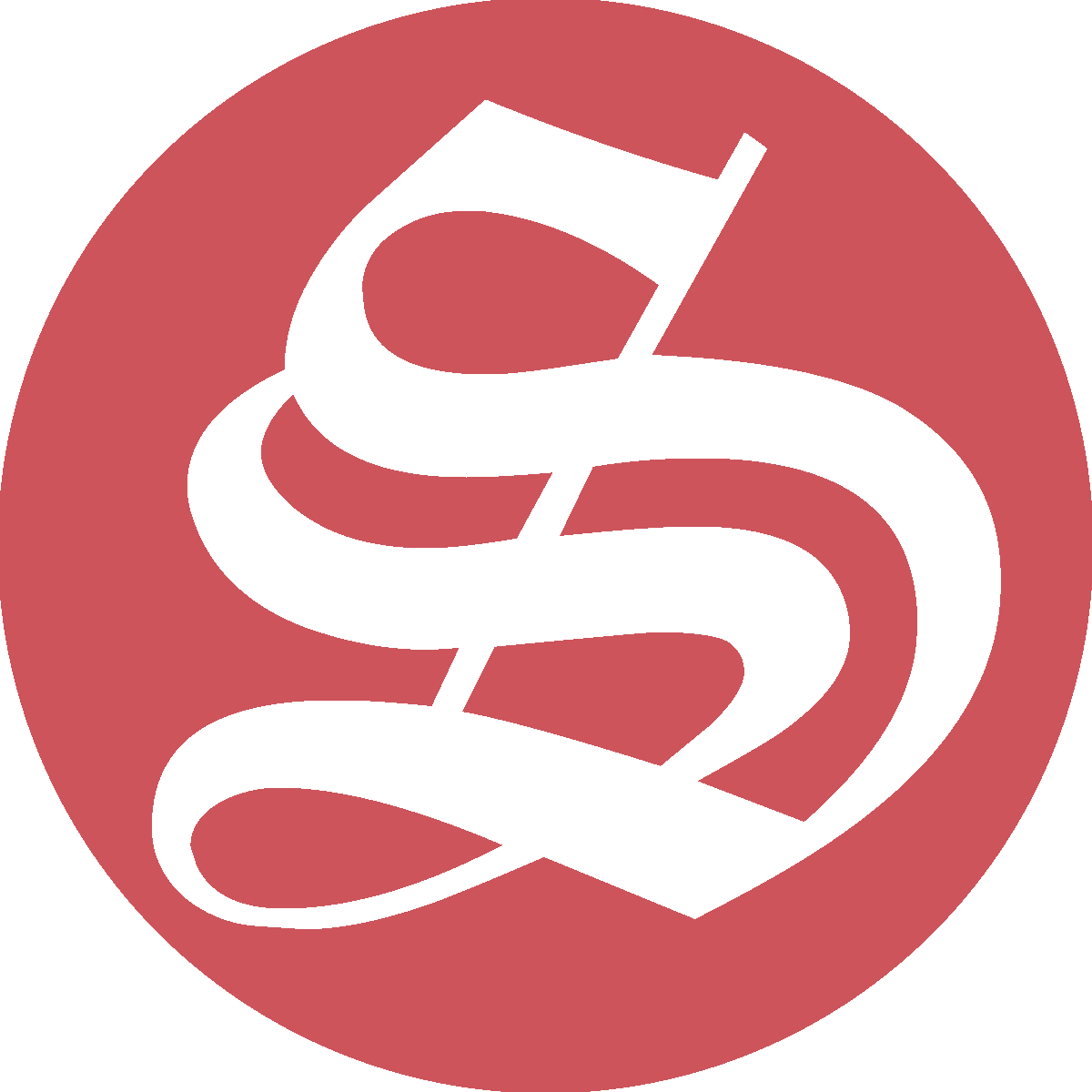Gmail launch set for reading week
Assistant News Editor
McMaster students and staff will finally be seeing a new and more reliable email system by the end of next month.
In October of 2010, over 3,500 McMaster students took part in a referendum vote to determine which email system provider, with a choice between Google, Microsoft, or the current MUSS system, students would like to see implemented.
With immense frustration mounting quickly with the current email system that is often unreliable and has an extremely limited capacity, the need for a new email system has been immenent for a long time. This issue began gaining momentum in the later half of 2010
The push for a new email system gained substantial headway in February of 2010 with efforts from current McMaster Student Union (MSU) president, Matthew Dillon-Leitch, and SRA (Student Representive Assembly) Commisioner of External Affairs, Huzaifa Saeed.
After months of legal negotiation between Google and the University to ensure that the appropraiate standards for privacy are implemented, a contract was signed and finalized at the end of December.
Large-scale implementation will take place for all McMaster students and faculty during reading week, from Feb. 19 to 25.
University Technology Services (UTS) in in the process of launching a pilot project, in which a small portion of students were asked to test the new system between December and January of the fall semester, in order to allow UTS to work out any issues with the system before all students and faculty are to migrate to the new email system.
According to Dillon-Leitch, one of the most significant changes is the great increase in space available on the email systems themselves. The MUSS (McMaster Undergraduate Student Services) system allowed users to store 15 MB of space, whereas the new Gmail system provides 25 GB of space available for each user.
McMaster is one of few institutions to have university administration gather student input and consider their needs and interests when making a decision of this nature.
According to Dillon-Leitch, the successful push for the Gmail product can be largely attributed to the student support behind the initiative, objectively demonstrated through the overwhelming vote in favour of Gmail as the email service of choice for students. It’s about “asking students the right questions at the right time,” he noted.
Gathering student input in this manner was also adopted by the University of Washington when deciding on a new email service provider. As was the case at McMaster, students at the University fo Washington were also given a choice between Google and Microsoft.
Students voted for Microsoft, which was implemented soon after the vote. The result was not quite as positive as expected, however. The students at the University of Washington largely regretted choosing the Microsoft product, due to inadequacy of the software, and in fact, many chose to forward their email to other accounts.
Although it serves as a source of frustration for many, the MUSS email service will still remain availbale for those who do not wish to switch to the new system.
An “opt out” system in place “for students who don’t feel comfortable with the new system,” said Dillon-Leitch.
Students had the option to remain with the traditional MUSS email system through the opt-out available between Dec. 19, 2011 and Jan. 8, 2012.
He would also like to emphasize that “there is no cost whatsoever” for students and faculty who choose to be transferred to the new system in February.
Students will use the same Mac ID login to access their new accounts as of Feb. 27, and no emails will be lost in the cross over process: all emails will be migrated to the new system.
Dillon-Leitch believes that the next step would be to look toward alumni and the possibility of offering all McMaster alumni an @mcmaster.ca email address to keep even after they have graduated.
Currently, McMaster University alumni can only access their McMaster University email account until six months following graduation. According to Dillon-Leitch, “when you graduate, you should have access to a McMaster account for the rest of your life.”
Dillon-Leitch would further hope to see a collaborative calendar feature through the new email system, where students can not only keep track of personal events, but also share their calendars or subscribe to calendar updates form other users or University services.



